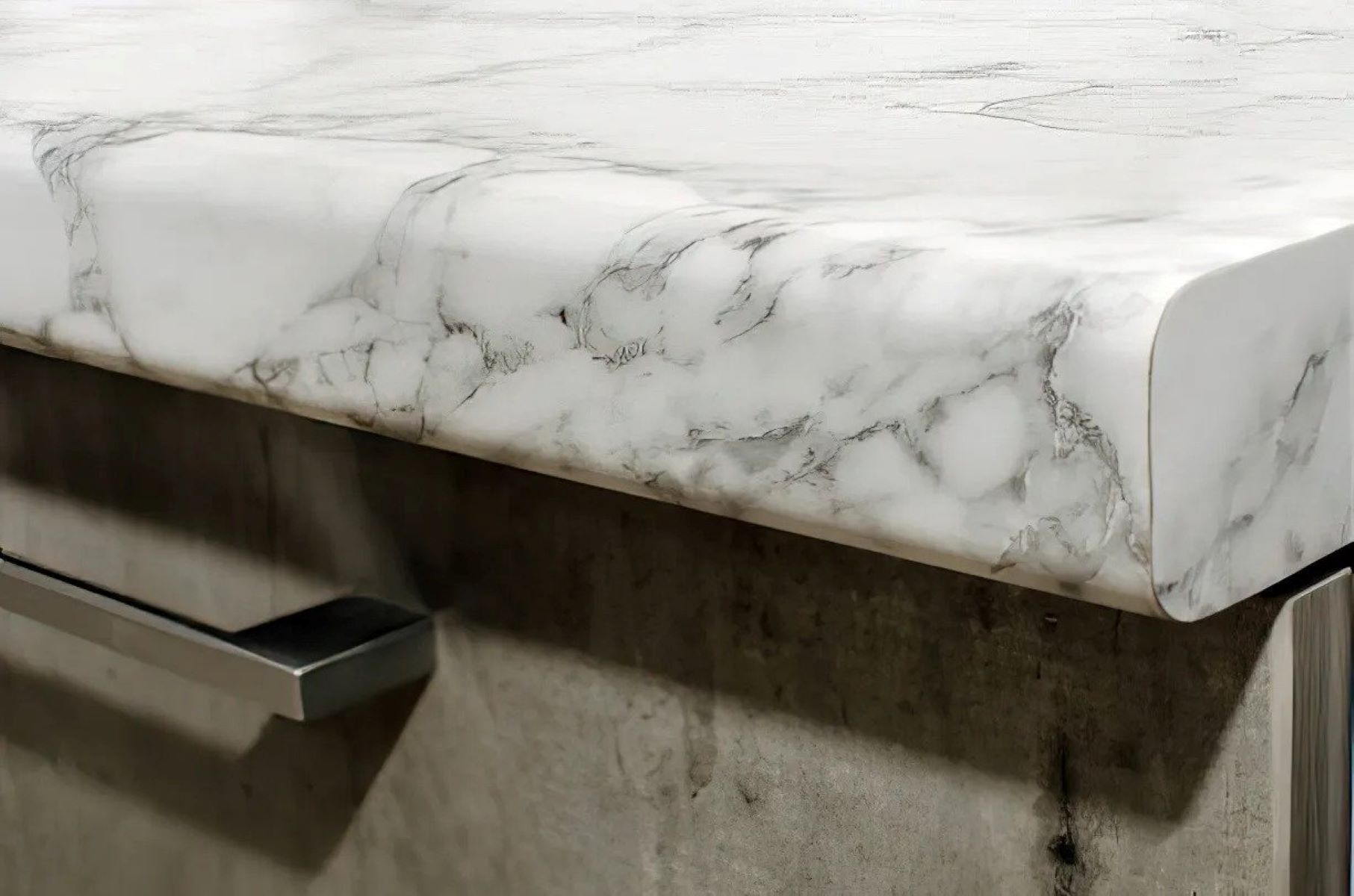

Articles
How Long Do Laminate Countertops Last
Modified: December 7, 2023
Discover how long laminate countertops typically last and learn more about their durability and maintenance. Read our informative articles for expert advice and tips.
(Many of the links in this article redirect to a specific reviewed product. Your purchase of these products through affiliate links helps to generate commission for Storables.com, at no extra cost. Learn more)
Introduction
Laminate countertops are a popular choice for many homeowners due to their affordability, durability, and versatility. They offer a wide range of designs and colors, making them an attractive option for kitchen and bathroom surfaces. However, like any other material, laminate countertops have a limited lifespan and will eventually need to be replaced. In this article, we will explore the factors that affect the lifespan of laminate countertops, the average lifespan, signs that indicate it’s time for replacement, and tips to extend their longevity.
Before we dive into the specifics of laminate countertop lifespan, it’s essential to understand what laminate countertops are. Laminate countertops are made by combining layers of resin-impregnated Kraft paper under high pressure and heat. A decorative layer is then bonded to the top to provide the desired color, pattern, or texture. Finally, a protective layer of clear melamine or polyurethane is applied to enhance durability and resistance to scratches, stains, and moisture.
Now that we have a basic understanding of what laminate countertops are let’s explore the various factors that can influence their lifespan. Understanding these factors can help you make informed decisions when selecting and maintaining your laminate countertops.
Key Takeaways:
- Laminate countertops can last 10 to 15 years with proper care, making them a cost-effective and versatile option for homeowners. Understanding factors affecting their lifespan and signs for replacement is crucial for maintaining their functionality and aesthetic appeal.
- To extend the lifespan of laminate countertops, regular cleaning, prompt spill cleanup, and using protective measures against heat, moisture, and sharp objects are essential. Recognizing signs of wear and addressing repairs promptly can help maximize their longevity.
Read more: How Long Do Granite Countertops Last
Factors That Affect the Lifespan of Laminate Countertops
The lifespan of laminate countertops can vary depending on several factors. Understanding these factors can help you determine how long your laminate countertops are likely to last and make informed decisions about their upkeep.
1. Quality of Materials: The quality of the materials used to manufacture laminate countertops plays a crucial role in their lifespan. Cheap or low-quality laminates may be more prone to wear and damage, resulting in a shorter lifespan. Investing in high-quality laminates can significantly extend the lifespan of your countertops.
2. Installation: Proper installation is essential for the longevity of laminate countertops. If the countertops are not installed correctly, they may be more susceptible to damage and premature wear. Qualified professionals should handle the installation to ensure that the countertops are securely and accurately installed.
3. Maintenance and Cleaning: Regular maintenance and proper cleaning practices can greatly impact the lifespan of laminate countertops. Avoid using abrasive cleaners or scrub brushes that can scratch the surface. Instead, use mild soap and warm water to clean the countertops regularly. Also, make sure to promptly wipe up any spills to prevent staining.
4. Exposure to Heat and Moisture: Laminate countertops are susceptible to damage from excessive heat and moisture. Hot pans, curling irons, or hair straighteners should never be directly placed on the countertop surface, as this can cause burns or discoloration. Additionally, prolonged exposure to moisture from leaking pipes or standing water can result in the delamination of the laminate layers.
5. Usage and Weight: The way you use and maintain your countertops can impact their lifespan. Avoid placing excessive weight, such as heavy appliances or large objects, on unsupported areas of the countertop. Continuous stress from heavy loads can cause the laminate to lift or crack over time.
6. Sunlight Exposure: Direct and prolonged exposure to sunlight can cause the colors and patterns on laminate countertops to fade. Consider using window treatments or protective films to minimize sunlight exposure and preserve the appearance of your countertops.
By considering these factors and taking appropriate precautions, you can maximize the lifespan of your laminate countertops and enjoy their beauty and functionality for years to come.
Average Lifespan of Laminate Countertops
The average lifespan of laminate countertops can vary depending on several factors, including the quality of materials, installation, maintenance, and usage. On average, laminate countertops can last between 10 to 15 years with proper care and maintenance.
It’s important to note that this is a general estimate and the actual lifespan of your laminate countertops may vary. Factors such as the quality of the laminate, proper installation, and regular maintenance routines can impact how long your countertops will last.
Higher-quality laminate materials, such as those with thicker layers and better adhesion, are typically more durable and can withstand daily wear and tear better than lower-quality laminates. Proper installation by experienced professionals ensures that the countertops are secure and less likely to suffer from premature damage or delamination.
Regular maintenance and cleaning routines also play a significant role in extending the lifespan of laminate countertops. It is essential to clean up spills promptly and avoid using abrasive cleaners or scrub brushes that can scratch the surface. Using cutting boards and hot pads to protect the laminate from excessive heat and sharp objects can also help prolong their lifespan.
While laminate countertops may have a shorter lifespan compared to other materials like granite or quartz, they are an affordable and practical choice for many homeowners. The ability to replace laminate countertops relatively easily and at a lower cost compared to other materials makes them an attractive option for those on a budget or looking to update their kitchen or bathroom periodically.
It’s important to note that as your laminate countertops approach the end of their lifespan, you may start to notice signs of wear and tear that indicate the need for replacement. These signs may include cracks, chips, excessive stains that cannot be removed, or noticeable wear on the surface.
By understanding the average lifespan of laminate countertops and taking proactive measures to maintain them, you can enjoy their functionality and aesthetics for many years.
Laminate countertops can last 10-20 years with proper care. To extend their lifespan, avoid placing hot items directly on the surface and use cutting boards to prevent scratches. Regular cleaning and maintenance will also help prolong their durability.
Signs That Your Laminate Countertops Need Replacement
Laminate countertops, despite their durability, will eventually reach a point where replacement is necessary. Recognizing the signs that indicate your laminate countertops need to be replaced can help you avoid further damage and maintain the aesthetic appeal of your space. Here are some common signs that it’s time to consider replacing your laminate countertops:
1. Visible Damage: Cracks, chips, or deep scratches that cannot be repaired are clear indications that your laminate countertops need replacement. While small surface imperfections can often be repaired, extensive damage can compromise the structural integrity of the countertops and affect their functionality.
2. Delamination: Delamination occurs when the layers of the laminate separate or bubble, causing the countertop to appear uneven or disjointed. This is usually a sign of water damage or poor quality laminate. Once delamination begins, it is difficult to restore the countertops, and replacement is the best option.
3. Stains and Discoloration: Over time, laminate countertops may become susceptible to stains that cannot be removed despite regular cleaning efforts. Persistent, deep stains or overall discoloration can significantly detract from the appearance of your countertops, making replacement necessary to restore the beauty of your space.
4. Excessive Wear: Laminate countertops that show signs of excessive wear, such as noticeable dullness, loss of texture, or thinning surface layers, should be replaced. This wear can affect the waterproofing of the laminate, making it more prone to damage and reducing its lifespan.
5. Outdated Design: If your laminate countertops are outdated and no longer match your aesthetic preferences or current interior design trends, it might be time for a refresh. By replacing your countertops, you can update the look of your space and enhance its overall appeal.
6. Structural Issues: If you notice that your laminate countertops are sagging, separating from the wall, or have loose edges, it could indicate a structural problem. These issues can compromise the functionality of your countertops and may require replacement to ensure safety and stability.
7. Repairs are No Longer Effective: While small repairs to laminate countertops are common, there comes a point where repairs become ineffective in addressing the overall deterioration of the surface. If you find yourself constantly having to repair your countertops or if the repairs are no longer providing satisfactory results, it may be time to invest in new countertops.
By being aware of these signs, you can evaluate the condition of your laminate countertops and make an informed decision about replacement. Replacing your countertops when necessary ensures that you have a functional and visually appealing surface that enhances the overall aesthetic of your space.
Extending the Lifespan of Laminate Countertops
While laminate countertops have a finite lifespan, there are several proactive steps you can take to extend their longevity and keep them looking their best. By following these maintenance and care tips, you can maximize the lifespan of your laminate countertops:
1. Clean Regularly and Properly: Regular cleaning is essential to prevent the buildup of dirt, grime, and stains on your laminate countertops. Use a mild soap or a non-abrasive cleaner, along with warm water, to wipe down the surface regularly. Avoid using harsh chemicals or abrasive scrub brushes that can damage the laminate.
2. Promptly Wipe Up Spills: Spills should be wiped up promptly to prevent the absorption of liquids by the laminate and the potential for staining. Avoid allowing water, vinegar, or acidic substances to sit on the countertop surface for prolonged periods.
3. Use Cutting Boards and Hot Pads: Protect your laminate countertops by using cutting boards when preparing food and hot pads or trivets when placing hot pots, pans, or appliances on the surface. This prevents scratches, burns, and other damage that can shorten the lifespan of your countertops.
4. Avoid Excessive Contact with Heat and Moisture: While laminate countertops are relatively resistant to heat and moisture, it’s important to take precautions to prevent damage. Use hot pads or trivets when placing hot cookware on the surface, and avoid placing wet items directly onto the countertop to minimize the risk of delamination.
5. Use Protective Film for High-Use Areas: For areas of your laminate countertops that experience heavy use, such as near the sink or stove, consider using a protective film. This clear adhesive film creates an extra layer of protection against scratches, stains, and moisture.
6. Address Problems Promptly: If you notice any cracks, chips, or loose edges on your laminate countertops, address them promptly to prevent further damage. Small repairs can help prolong the lifespan of your countertops and prevent more significant issues from arising.
7. Avoid Sharp Objects and Abrasive Cleaners: To avoid scratches and damage to the surface, refrain from using sharp objects directly on your laminate countertops. Additionally, abrasive cleaners and scrub brushes should be avoided as they can scratch the surface and compromise the integrity of the protective layer.
8. Minimize Sun Exposure: Prolonged exposure to direct sunlight can cause the colors and patterns on your laminate countertops to fade over time. Consider using window treatments, such as blinds or curtains, to minimize UV rays exposure and preserve the appearance of your countertops.
By following these maintenance tips and using common-sense precautions, you can prolong the lifespan of your laminate countertops and ensure they remain looking fresh and beautiful for many years.
Read more: How Much Do Laminate Countertops Cost
Conclusion
Laminate countertops are a popular and practical choice for many homeowners, offering affordability, durability, and a wide range of design options. While laminate countertops have a limited lifespan compared to other materials, taking proper care of them can significantly extend their longevity.
Understanding the factors that affect the lifespan of laminate countertops, such as the quality of materials, installation, maintenance, and usage, is essential for making informed decisions and maximizing their lifespan.
By recognizing the signs that indicate your laminate countertops need replacement, such as visible damage, delamination, excessive wear, stains, or outdated design, you can take action to maintain the aesthetic appeal and functionality of your space.
Implementing good maintenance practices, such as regular cleaning, prompt spill cleanup, using cutting boards and hot pads, and avoiding excessive heat and moisture, can help you extend the lifespan of your laminate countertops. Addressing any issues or repairs promptly and avoiding sharp objects and abrasive cleaners can also contribute to their longevity.
In conclusion, while the average lifespan of laminate countertops may vary depending on various factors, with proper care and attention, they can last between 10 to 15 years. By following the tips mentioned in this article, you can maximize the lifespan of your laminate countertops, saving you time, effort, and money in the long run.
Remember, laminate countertops offer a cost-effective and versatile option for your kitchen or bathroom surfaces. By taking care of them and recognizing when it’s time to replace them, you can continue to enjoy their benefits and maintain the beauty of your space for many years to come.
Frequently Asked Questions about How Long Do Laminate Countertops Last
Was this page helpful?
At Storables.com, we guarantee accurate and reliable information. Our content, validated by Expert Board Contributors, is crafted following stringent Editorial Policies. We're committed to providing you with well-researched, expert-backed insights for all your informational needs.
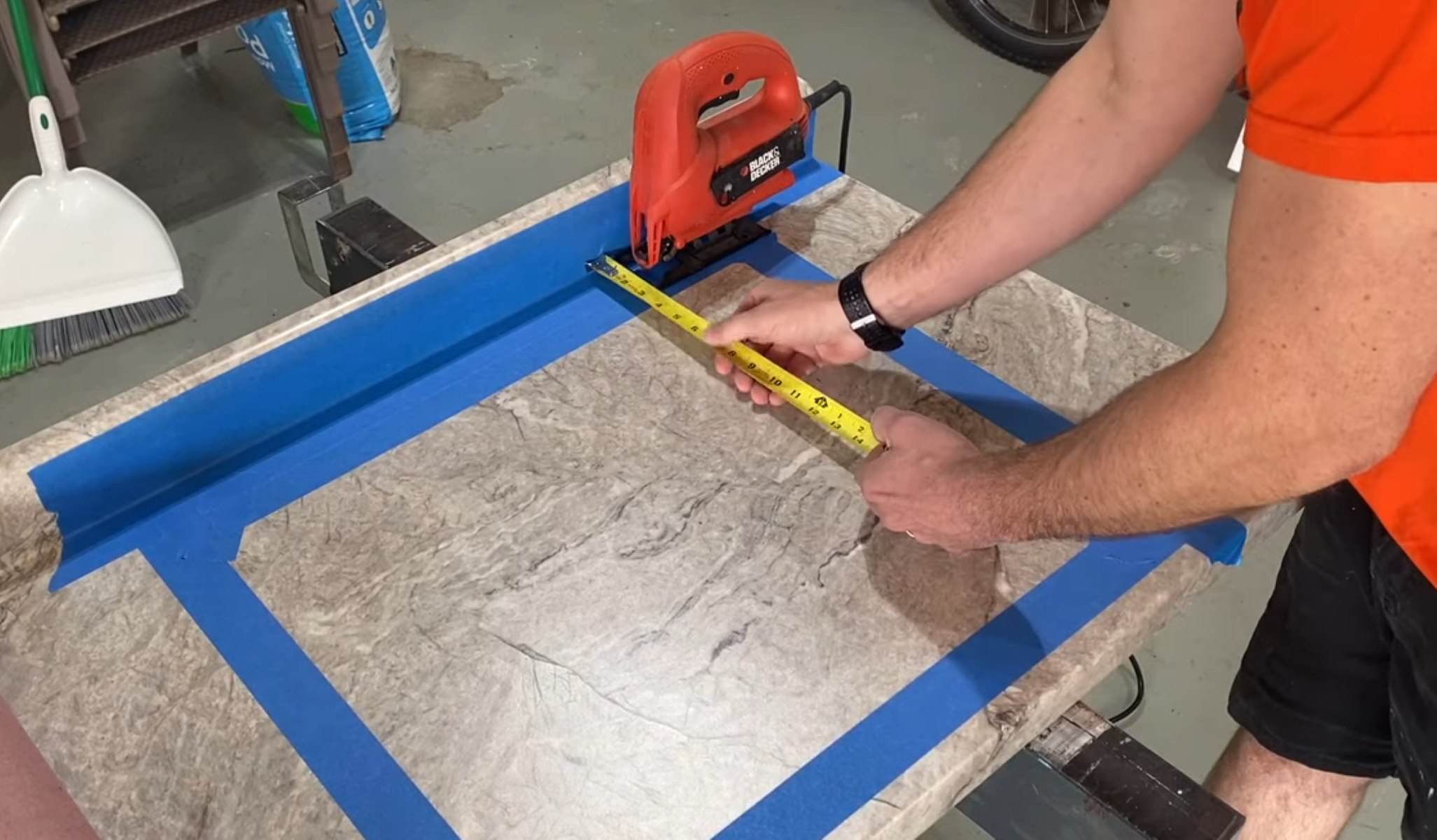
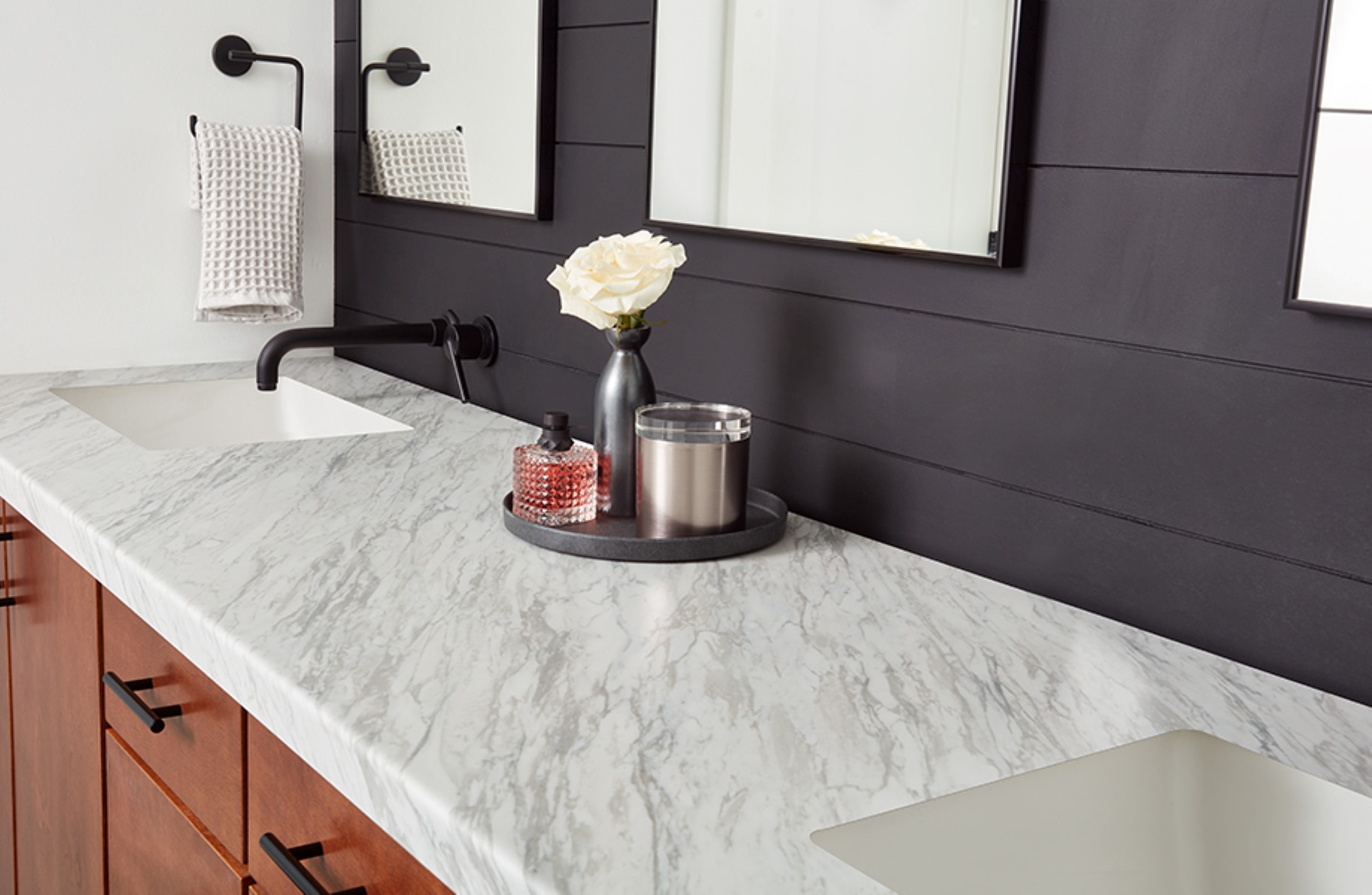

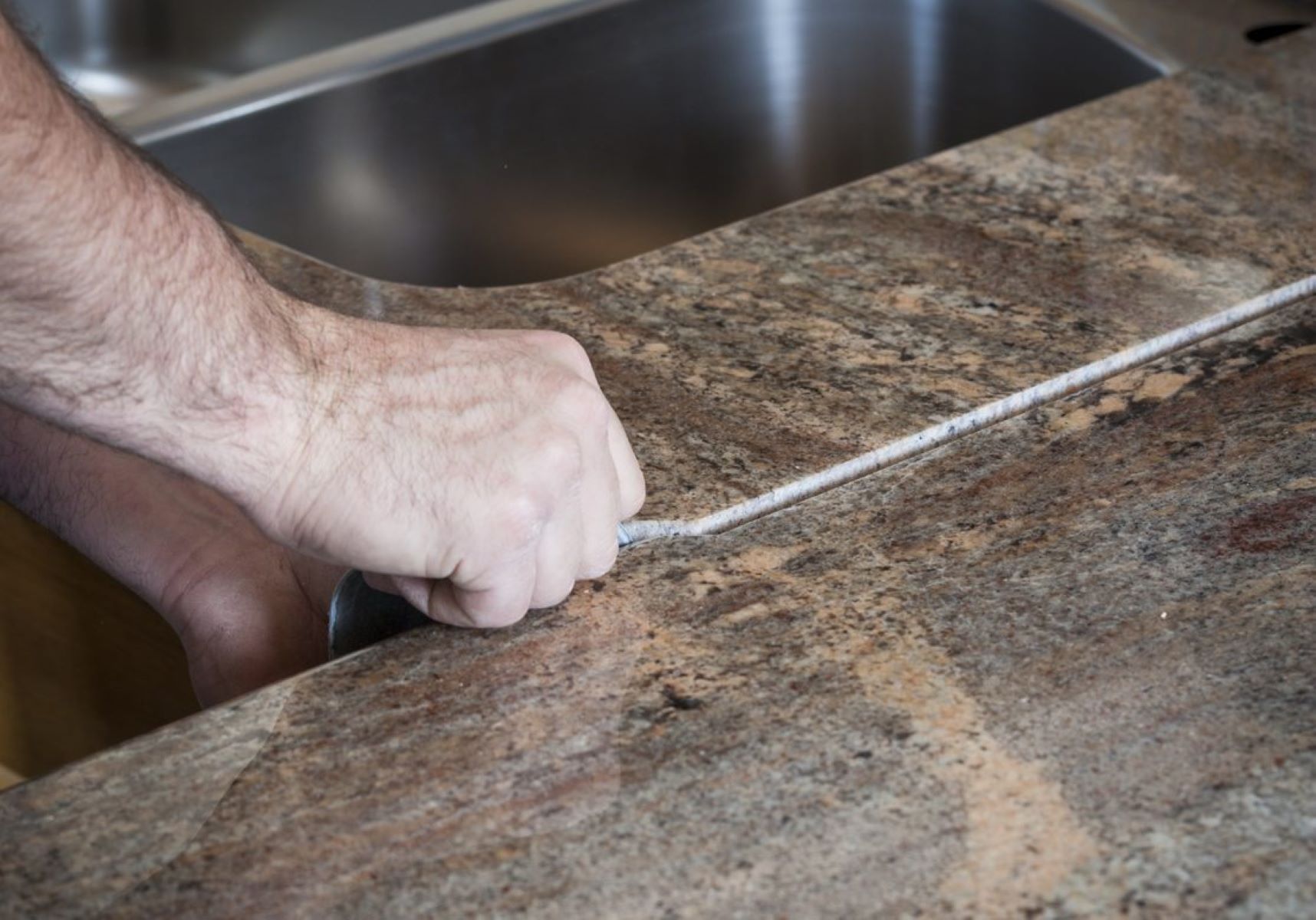
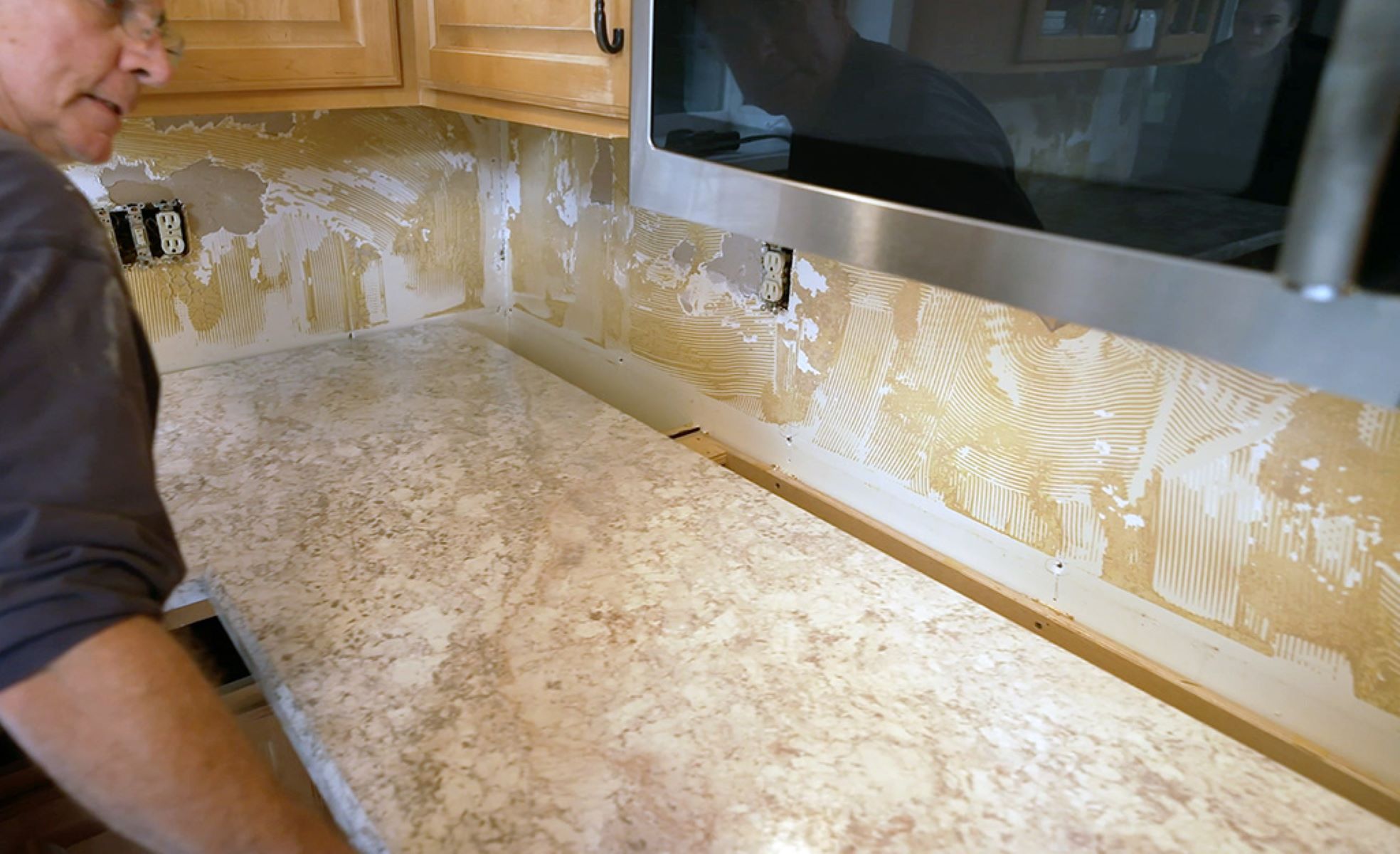
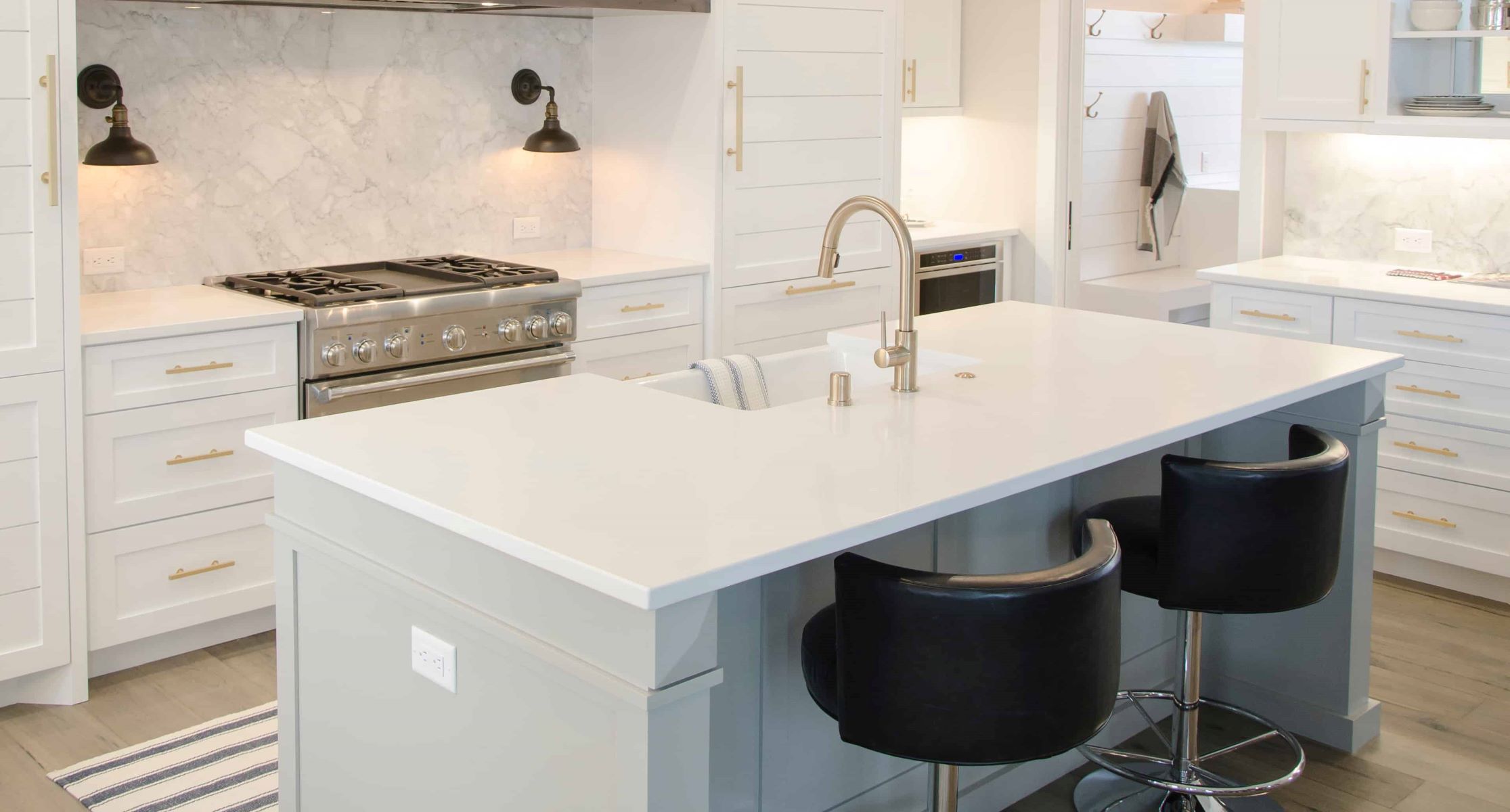
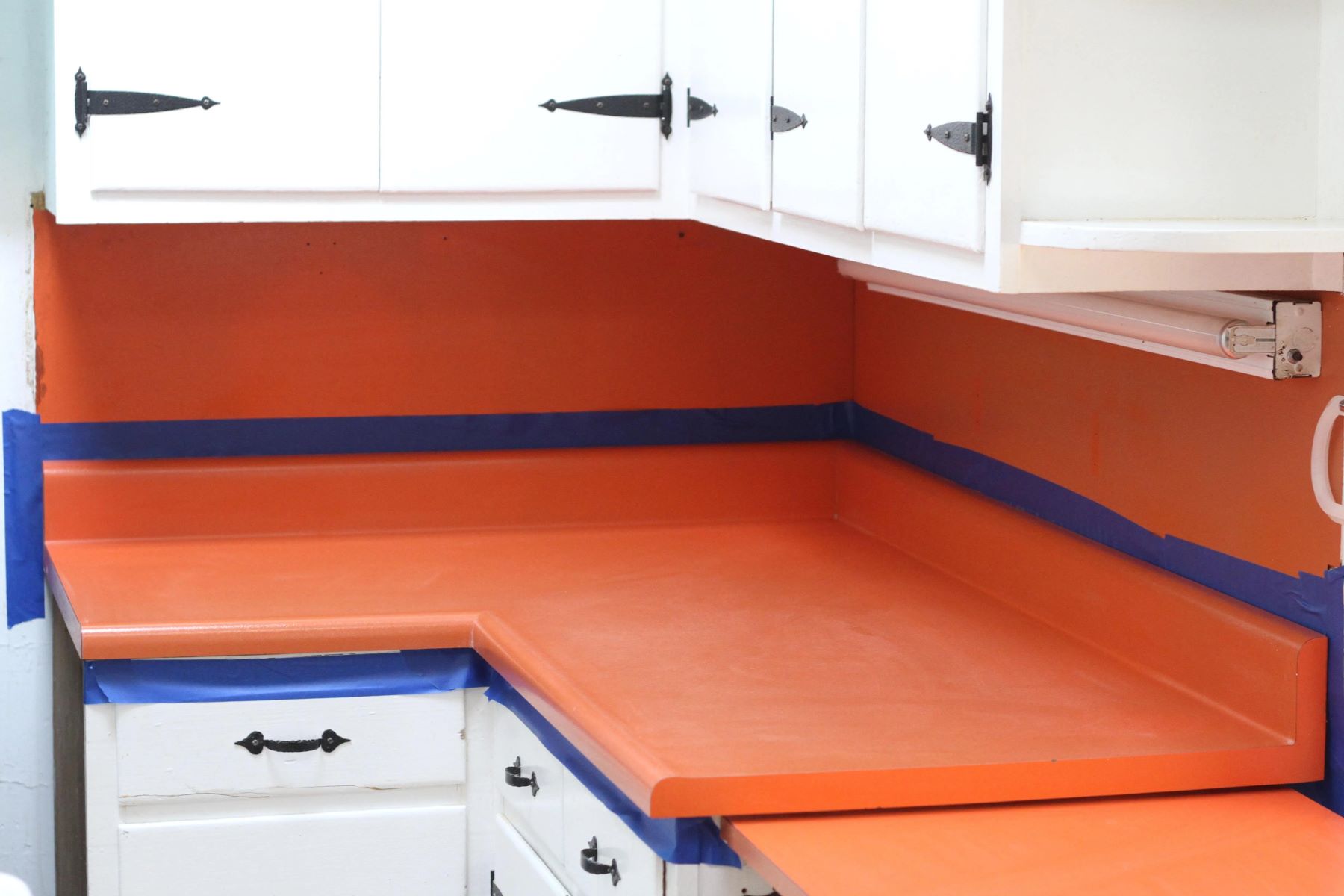
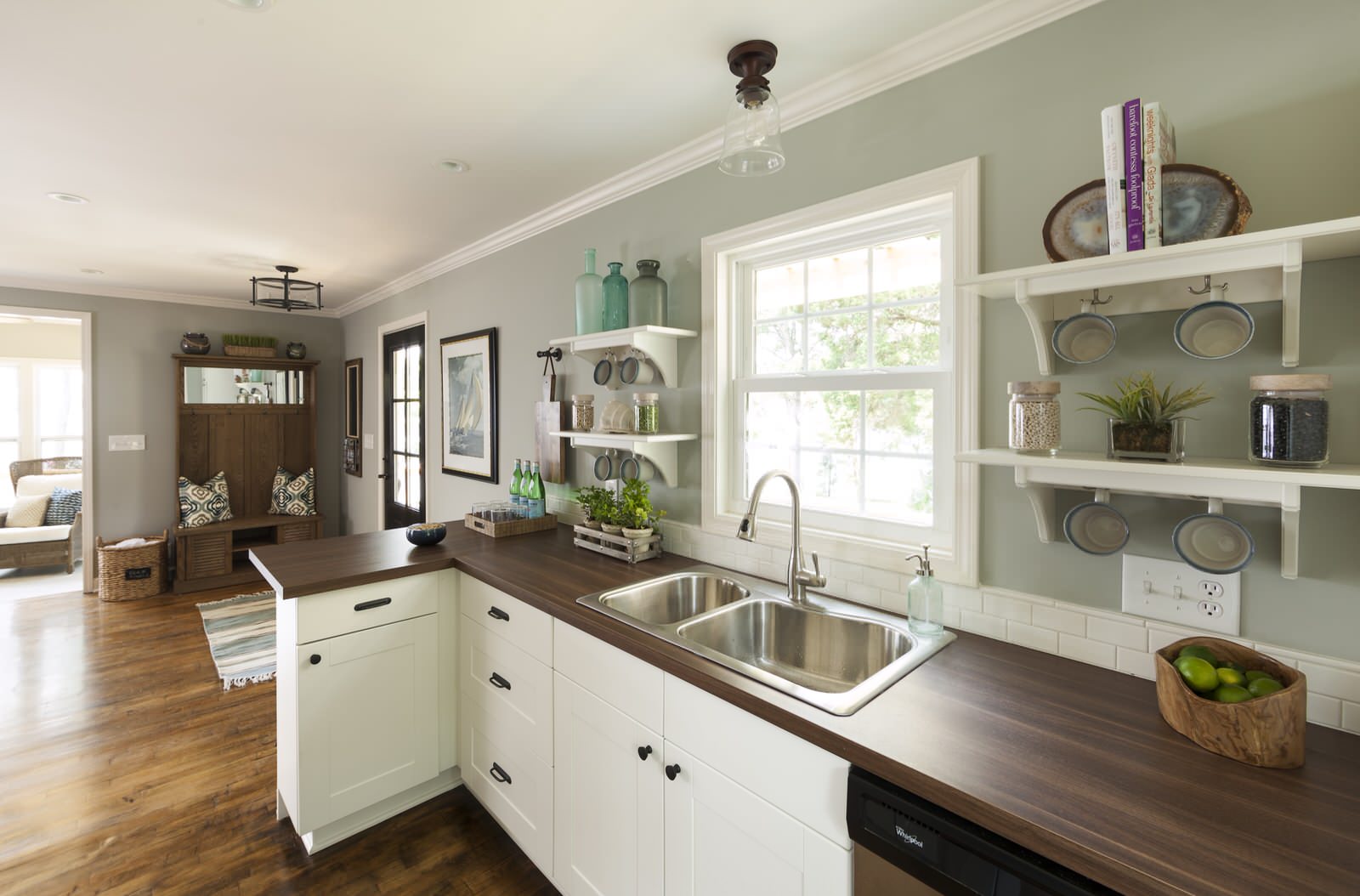
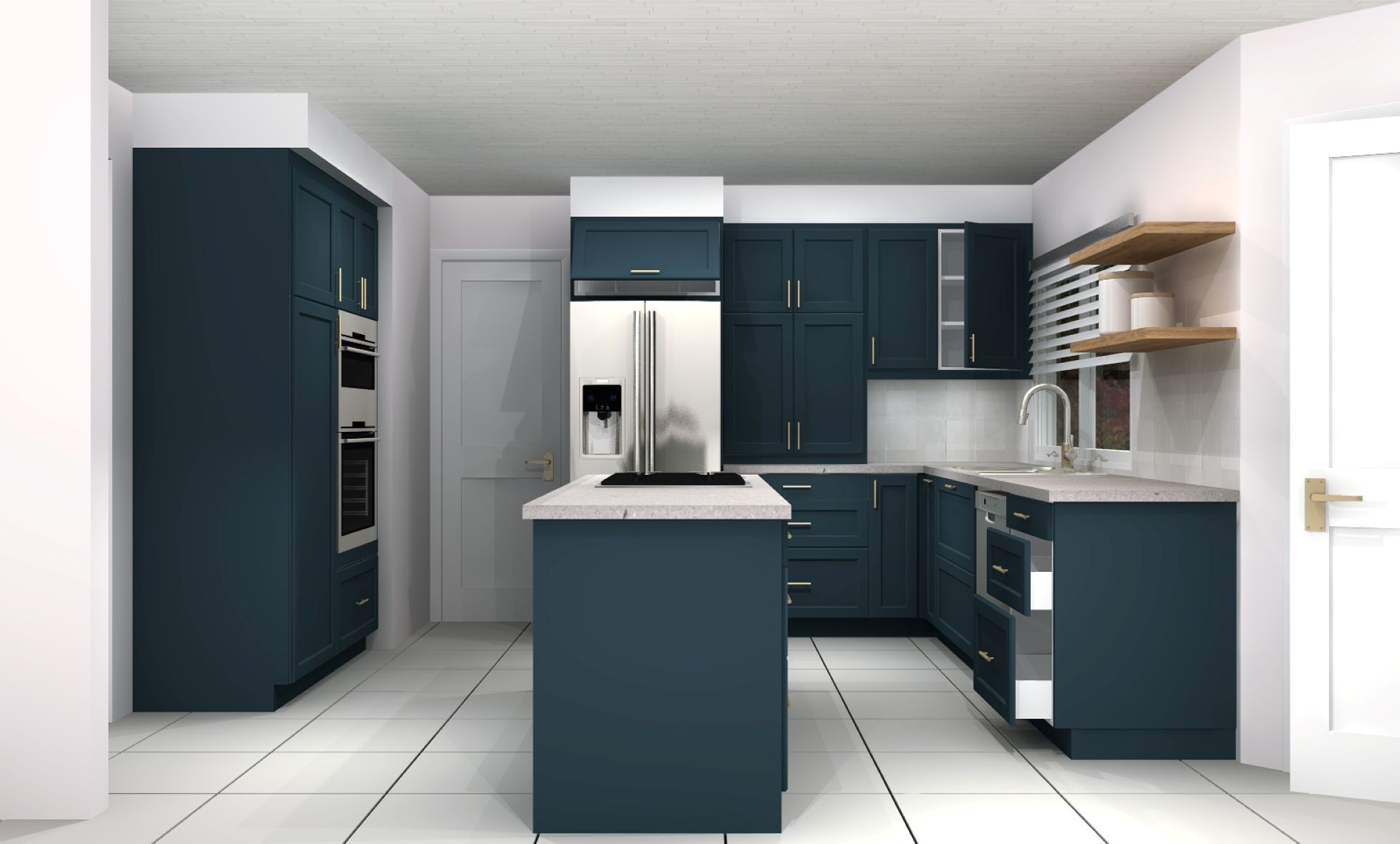
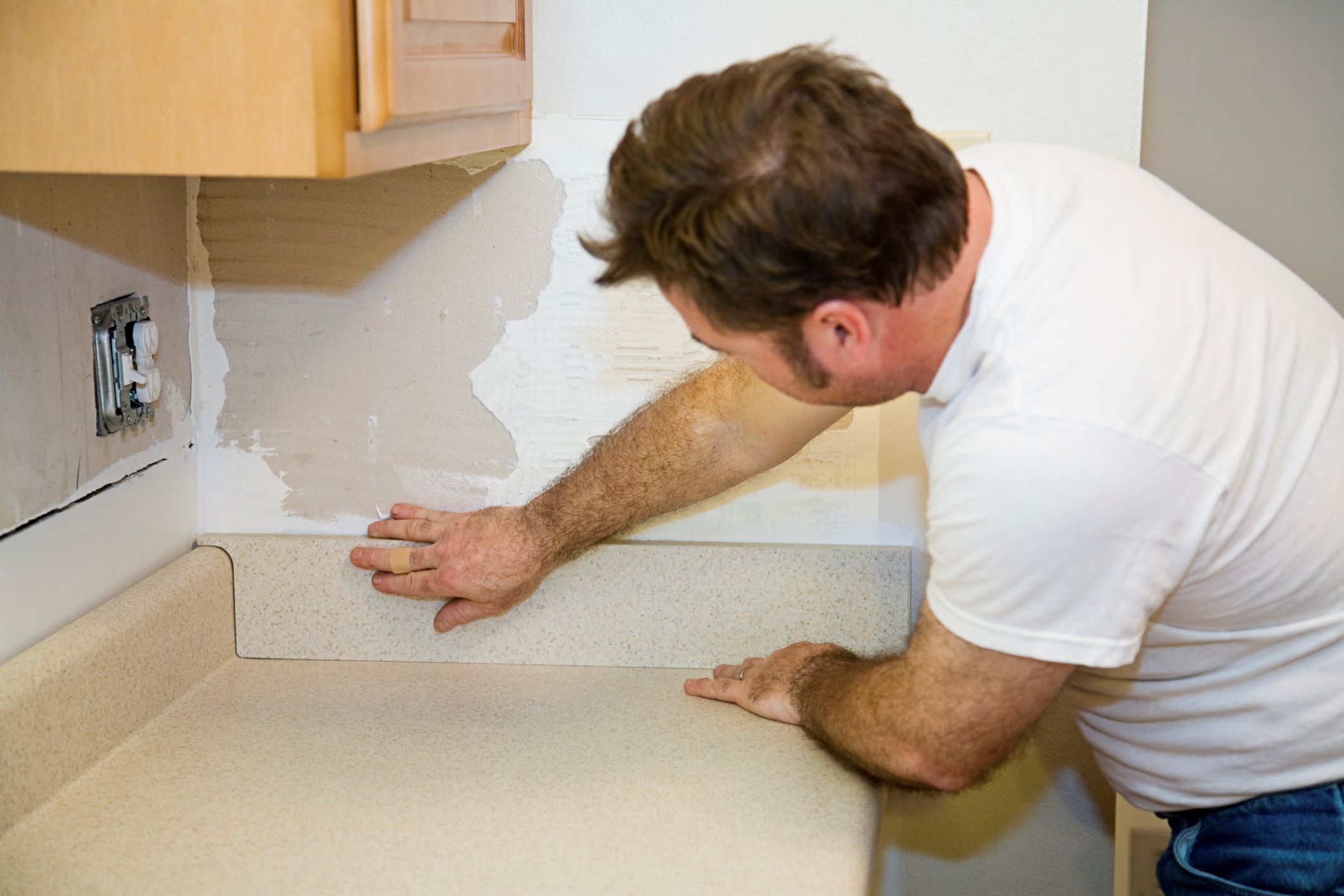
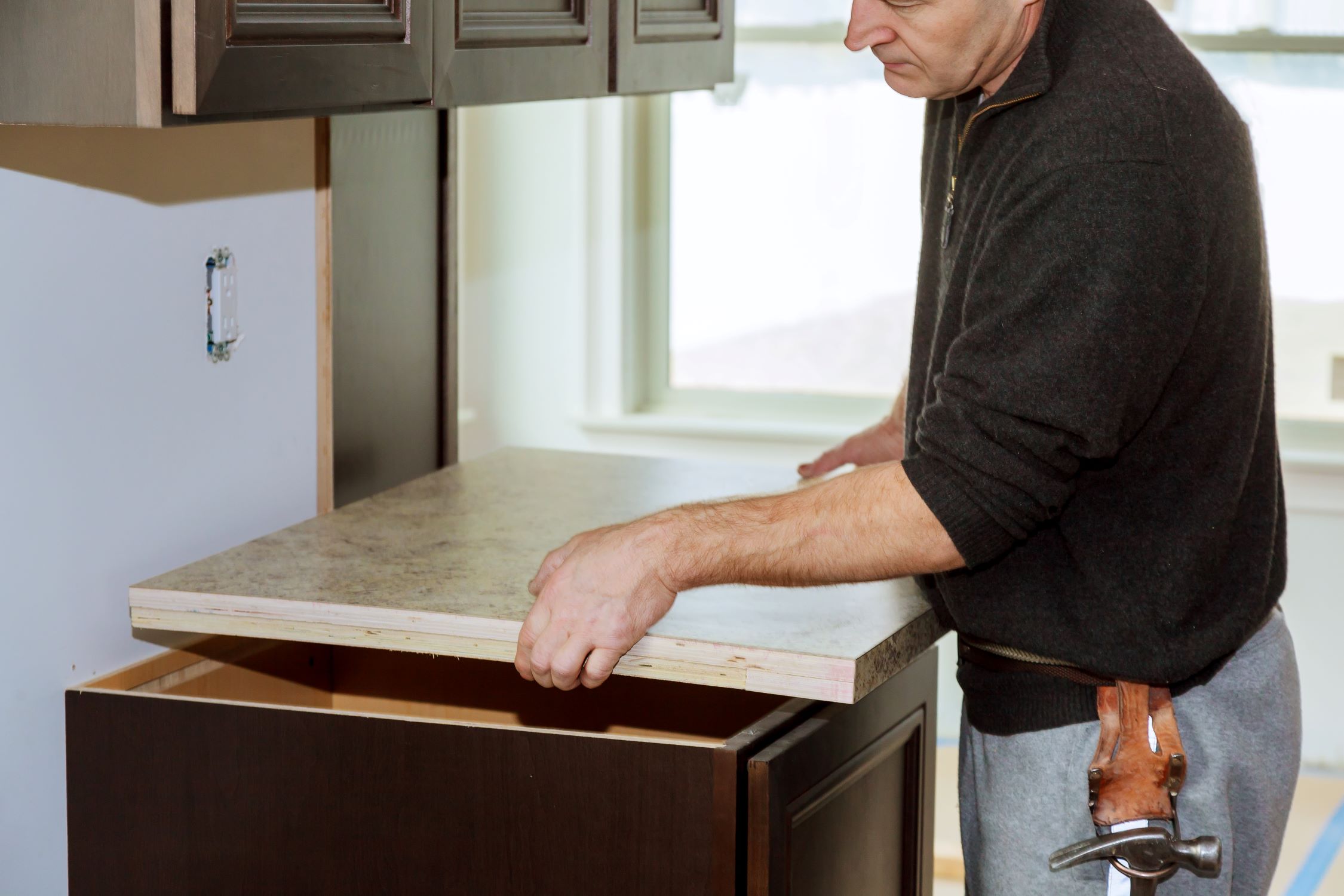




0 thoughts on “How Long Do Laminate Countertops Last”